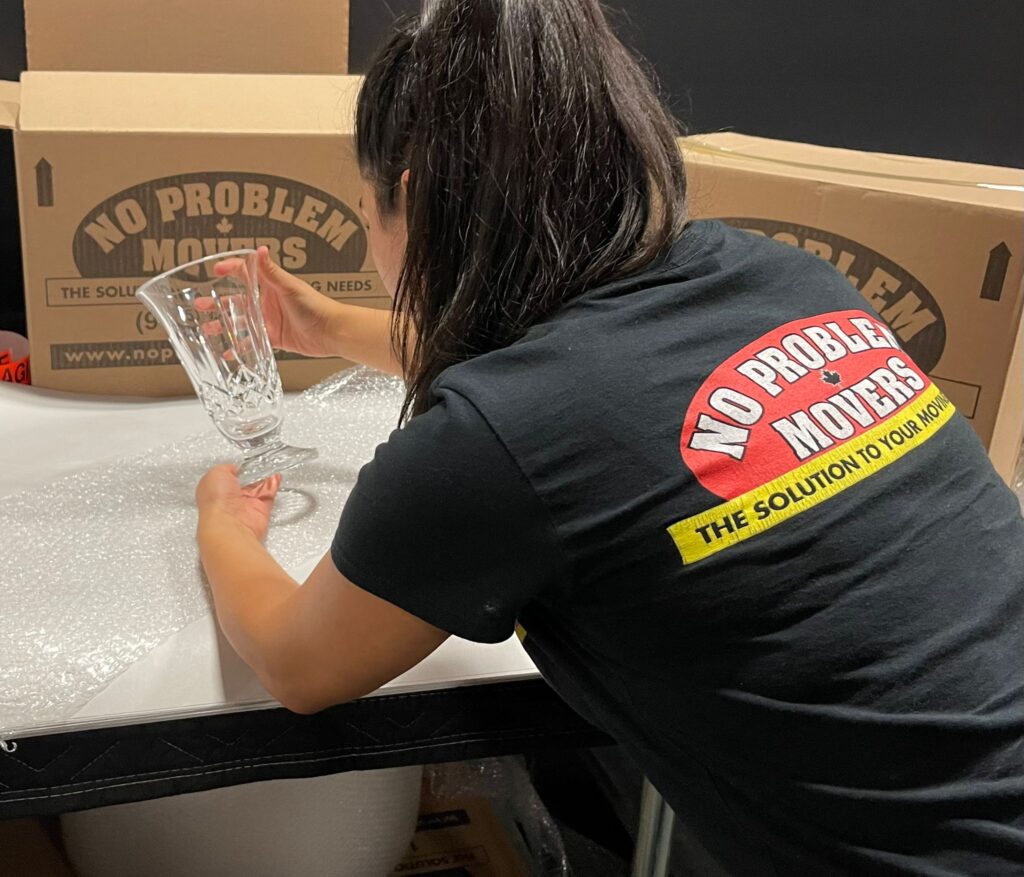
Relocating as an artist comes with unique challenges. Beyond packing standard household items, you must ensure your creative tools, supplies, and artwork are transported safely. Here are some essential moving tips tailored for artists:
1. Declutter and Organize Your Studio
Before packing, take inventory of your materials and artwork.
- Keep what you use: Donate or discard old supplies you no longer need.
- Sort by category: Separate paints, brushes, canvases, and other items for efficient packing.
2. Protect Your Artwork
Your creations are irreplaceable, so proper protection is crucial.
- Use archival materials: Acid-free paper, bubble wrap, and sturdy boxes help prevent damage.
- For framed pieces: Wrap frames in bubble wrap, then place in fitted cardboard boxes. Use corner protectors for added security.
- Large canvases: Cover with glassine or plastic wrap, then sandwich between sheets of sturdy cardboard.
3. Pack Supplies Properly
Art supplies are often delicate or messy.
- Paints and liquids: Place in leak-proof containers and seal in plastic bags. Transport these upright to avoid spills.
- Brushes and tools: Use a roll-up case or secure them in a sturdy box.
- Clay or sculpting materials: Store in airtight containers to prevent drying or damage.
4. Choose the Right Moving Boxes
Invest in quality packing materials for your precious items.
- Specialty boxes: Use mirror/art boxes for larger pieces.
- Label everything: Clearly mark boxes as fragile and note the contents for easy unpacking.
5. Handle Equipment Carefully
If you have heavy equipment like easels, pottery wheels, or sewing machines:
- Disassemble when possible and pack parts in labeled bags.
- Cushion with padding or blankets to prevent shifting during transit.
6. Insure Your Artwork
If you’re moving valuable pieces, consider additional insurance.
- Contact your insurance provider to check coverage for artwork during transit.
- Hire a moving company experienced in handling art if your collection is extensive.
7. Plan Your New Workspace
Before moving, envision how you’ll set up your new studio.
- Measure the space: Ensure your furniture and equipment will fit.
- Unpack essentials first: Organize supplies so you can start creating quickly.
8. Consider Professional Help
For a smoother transition, hire movers experienced in handling fragile and valuable items.
- Specialized art movers can offer extra care and packing solutions for high-value pieces.
Conclusion: Moving as an artist requires thoughtful preparation and care. By organizing your studio, packing strategically, and protecting your artwork, you can ensure your creative journey continues smoothly in your new space. Happy moving!
